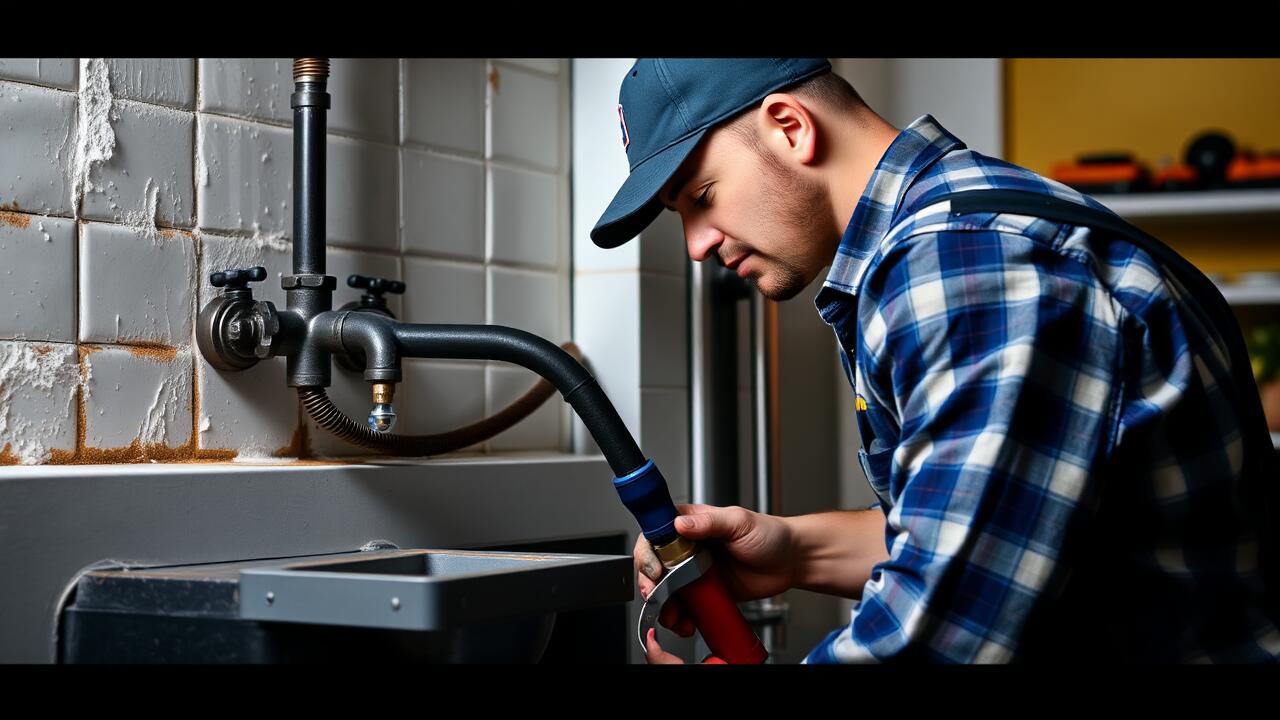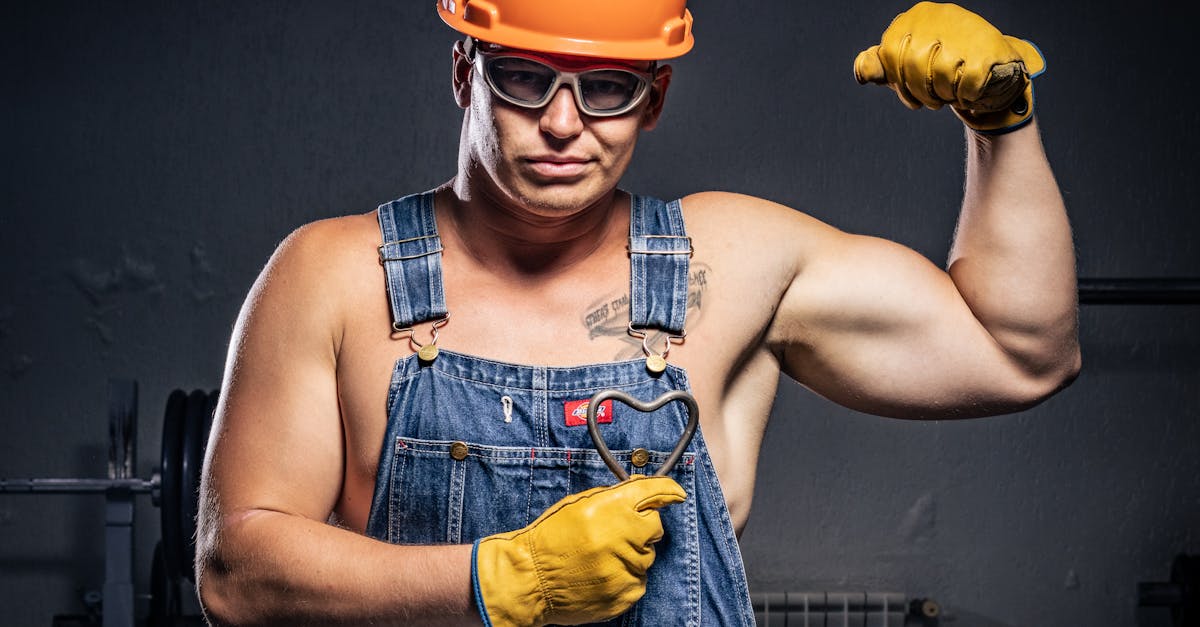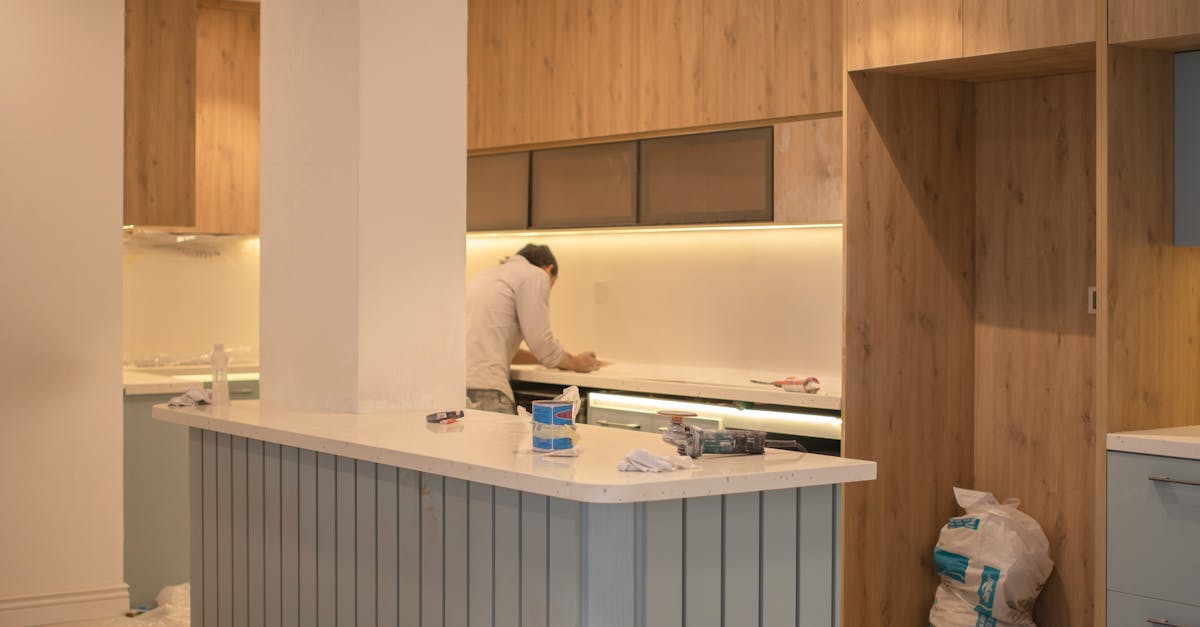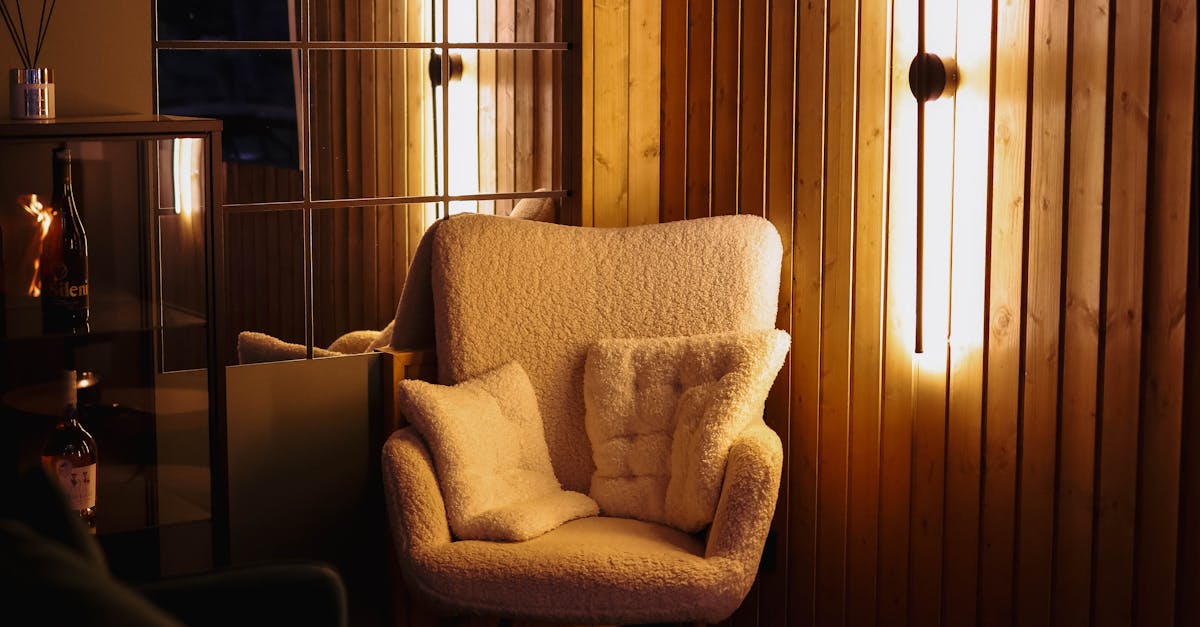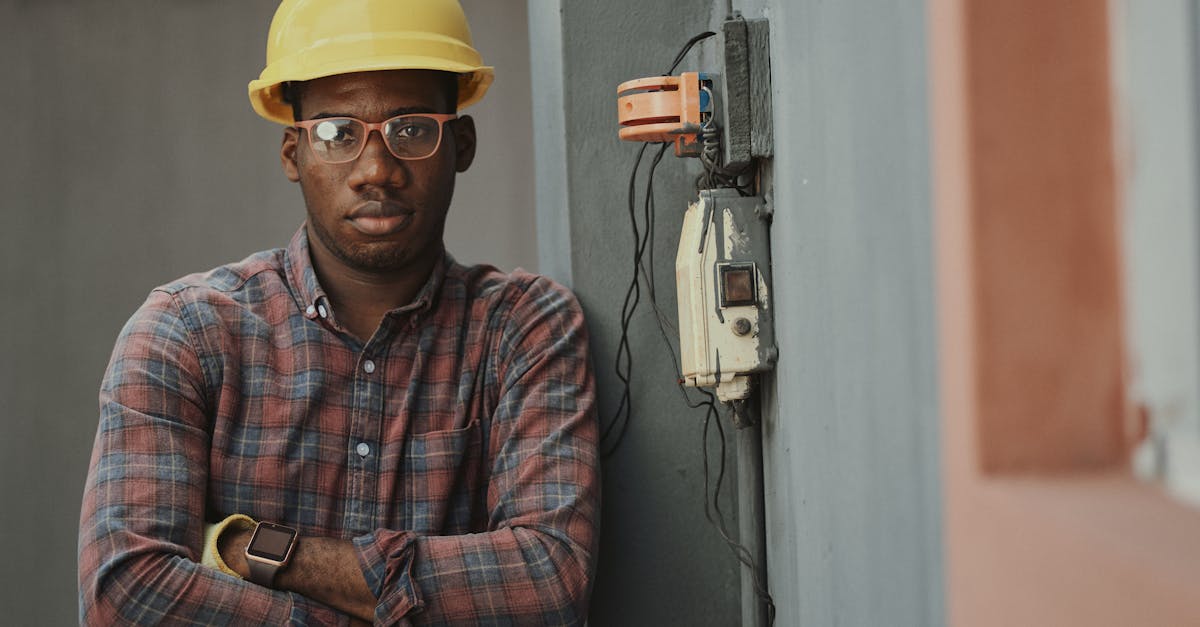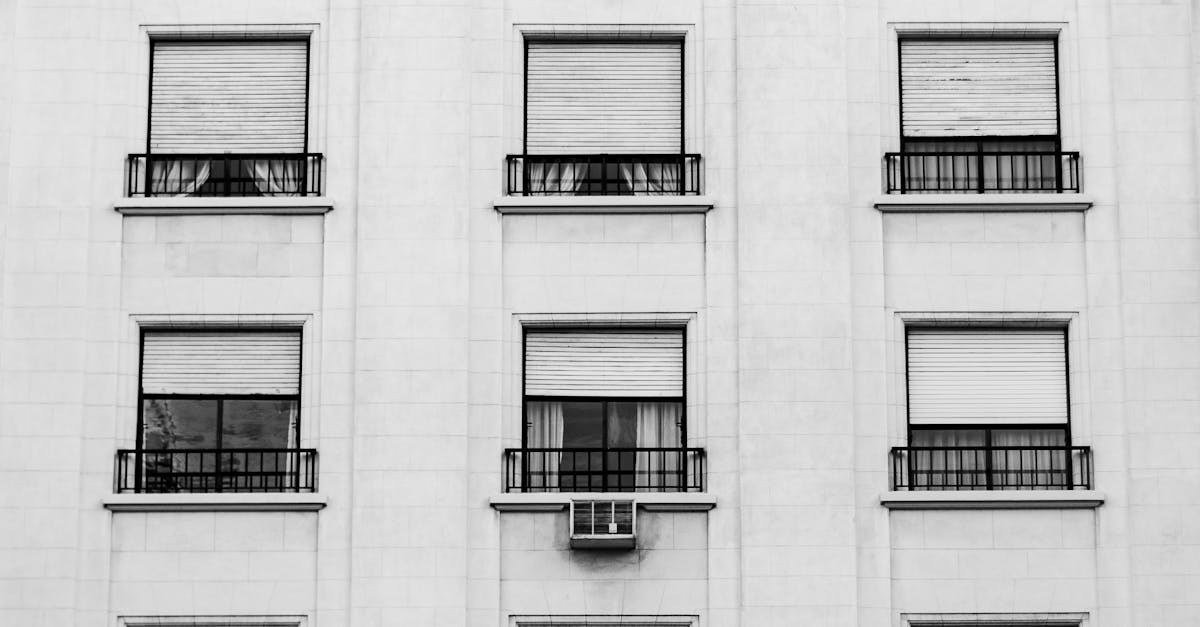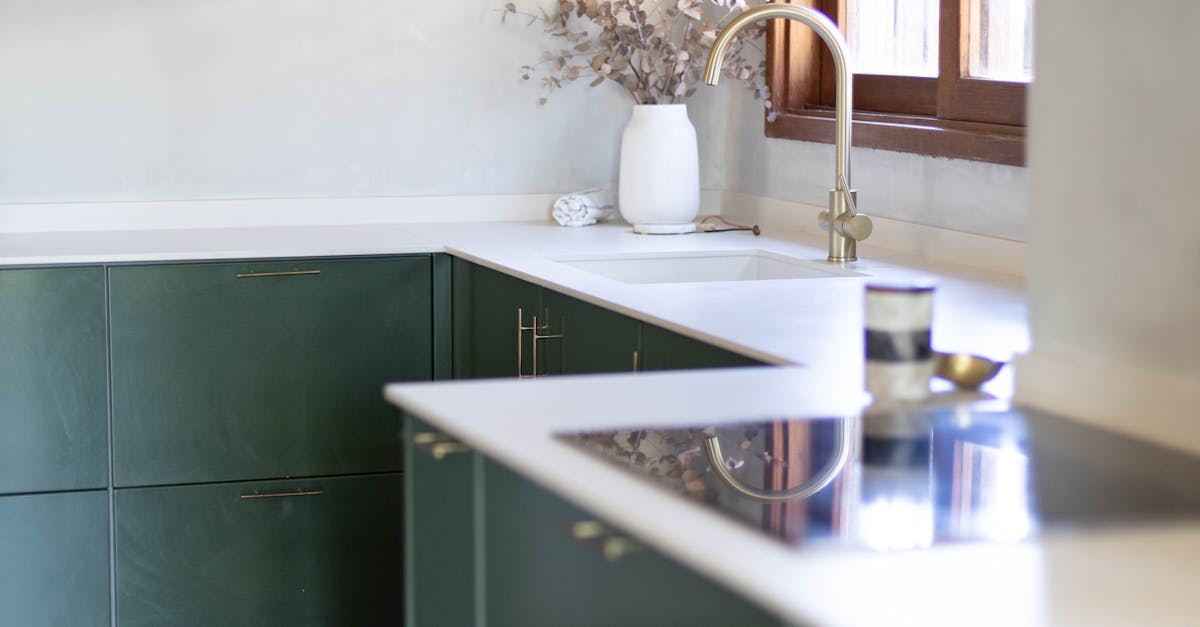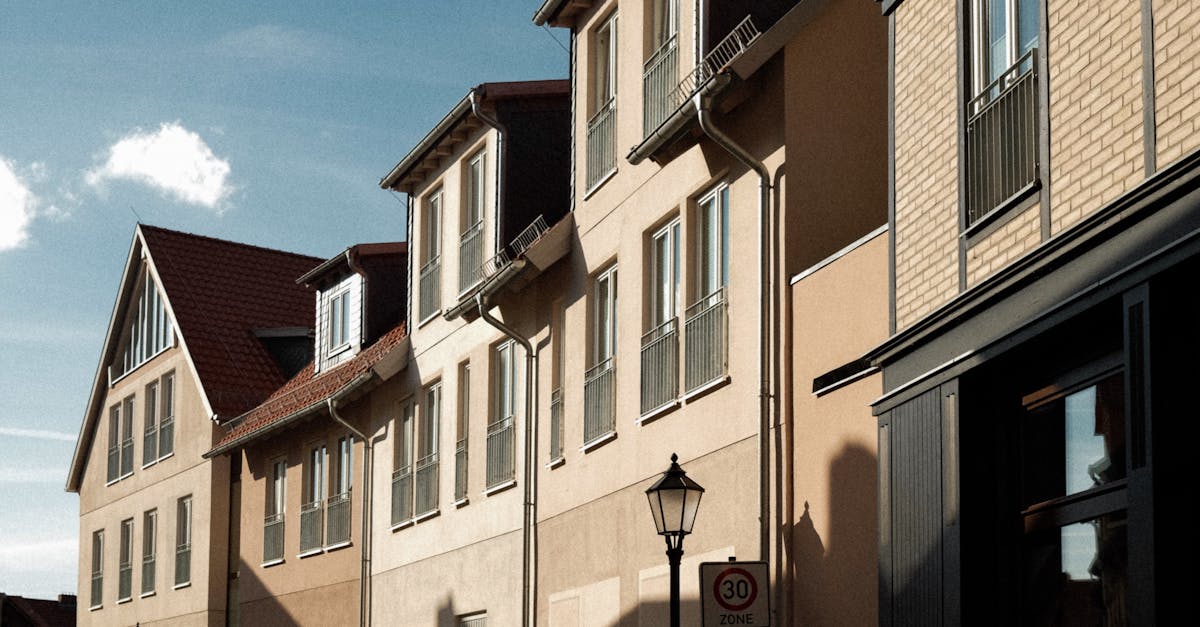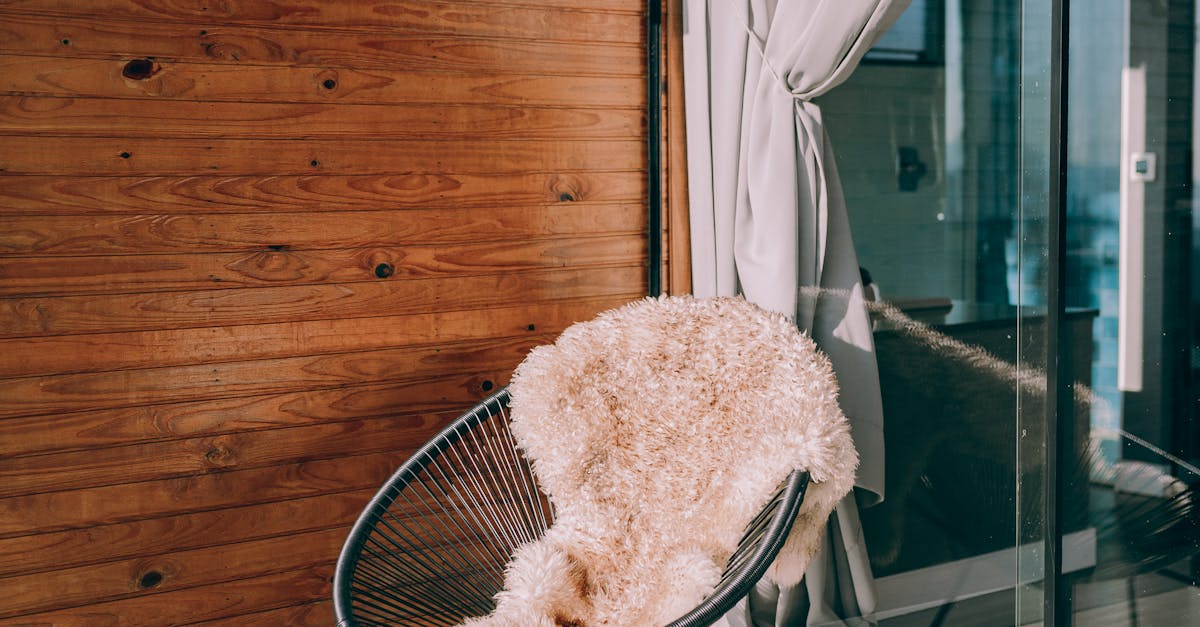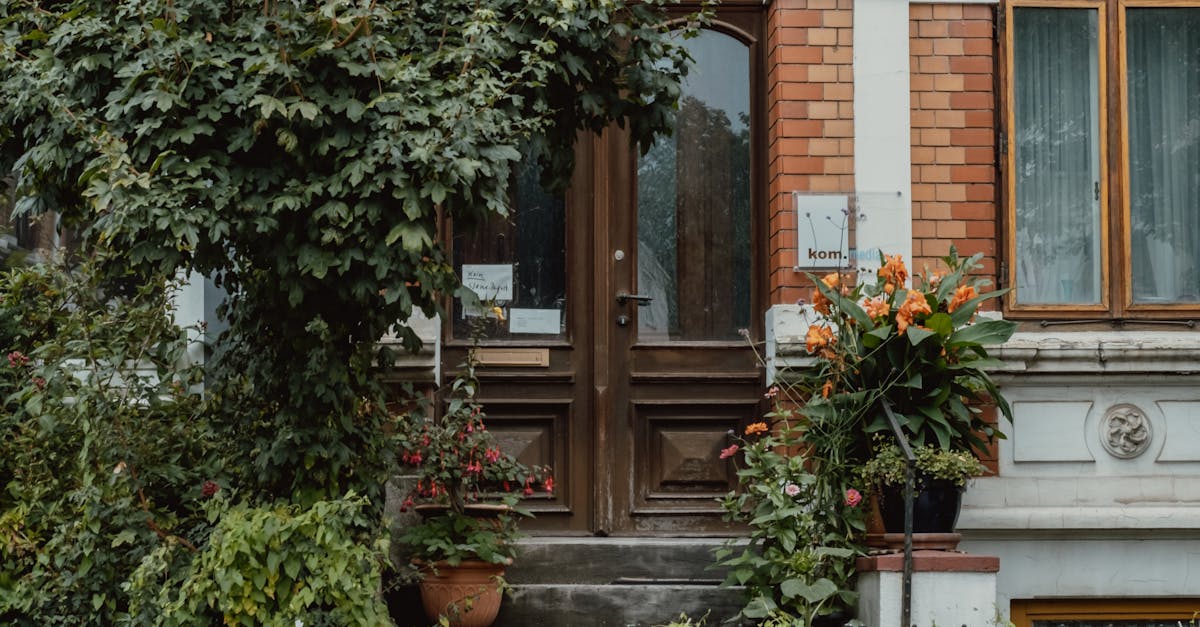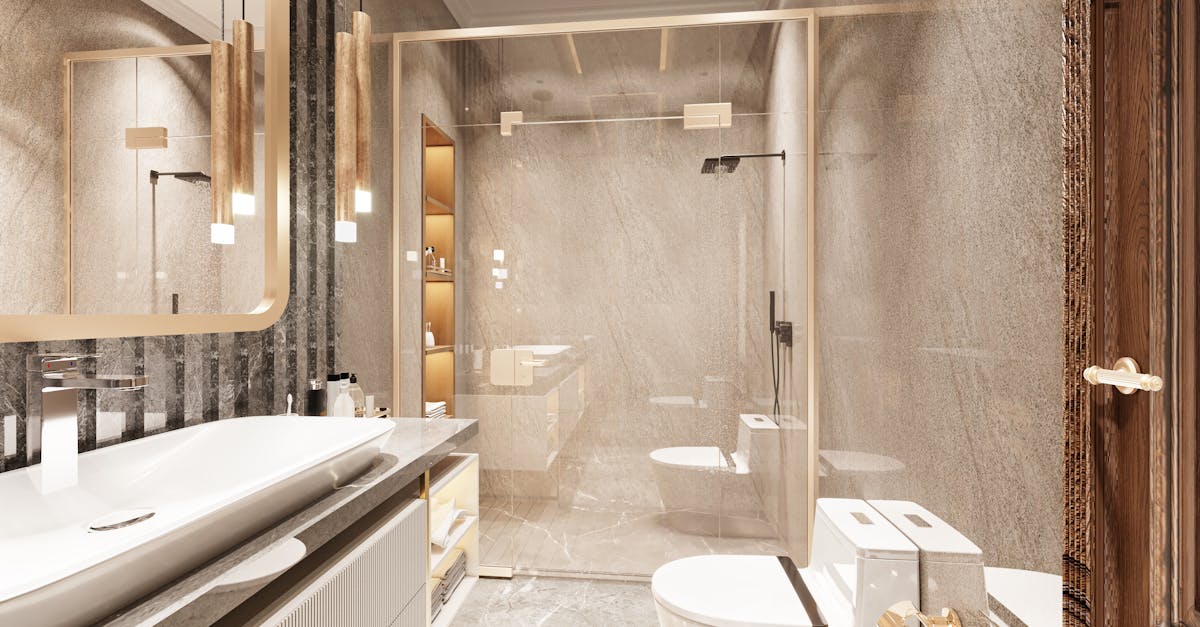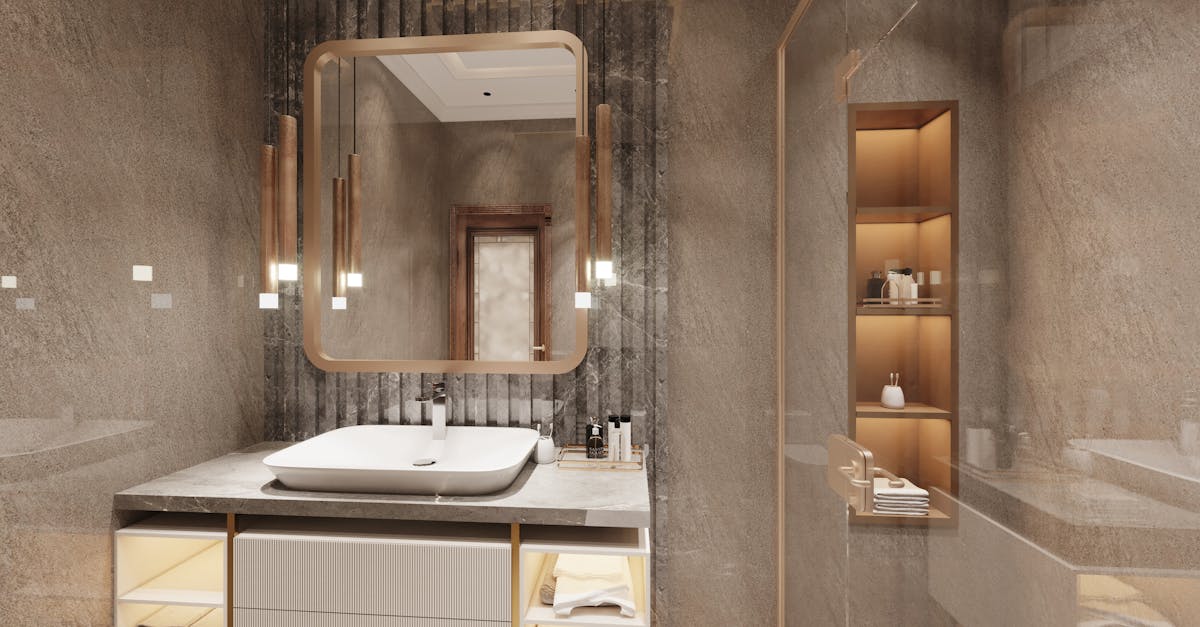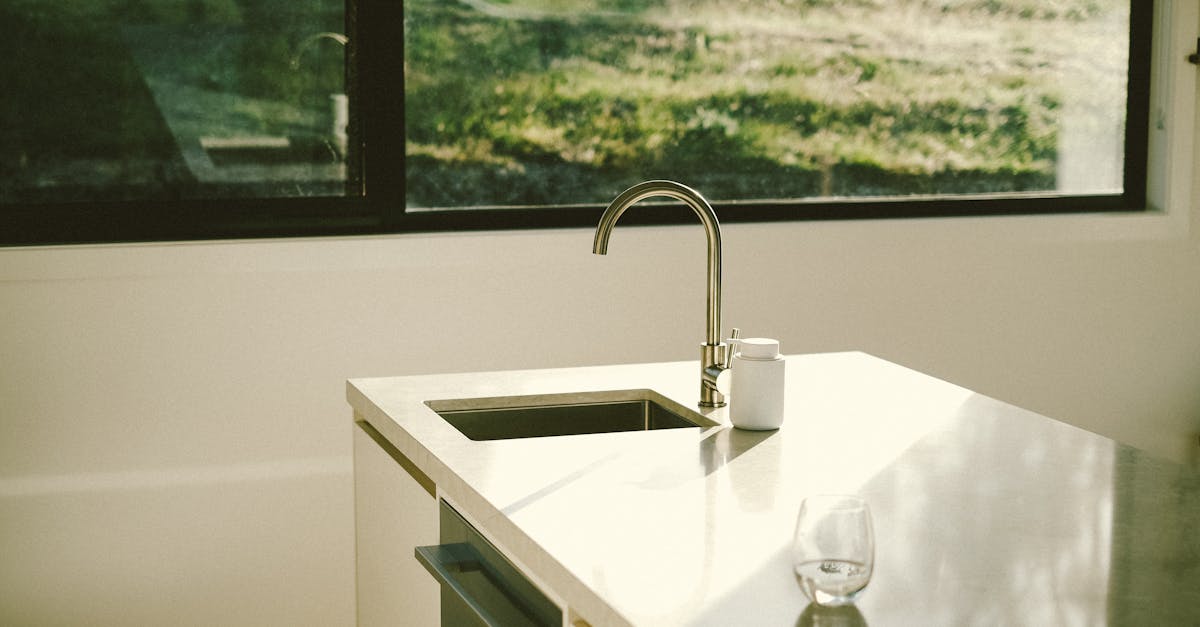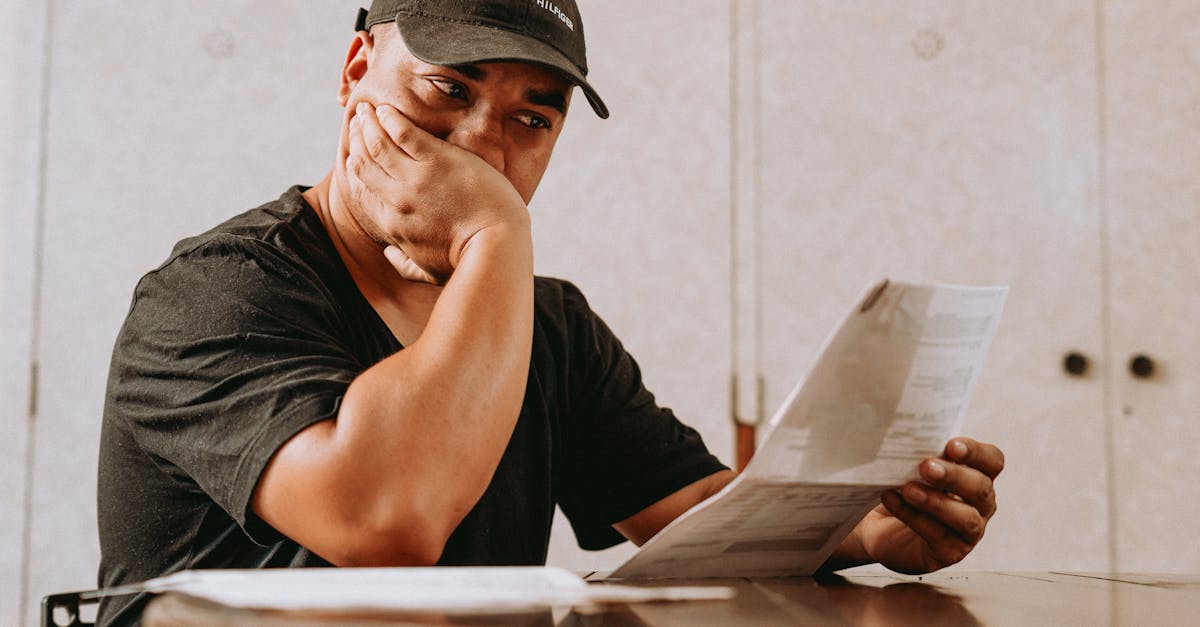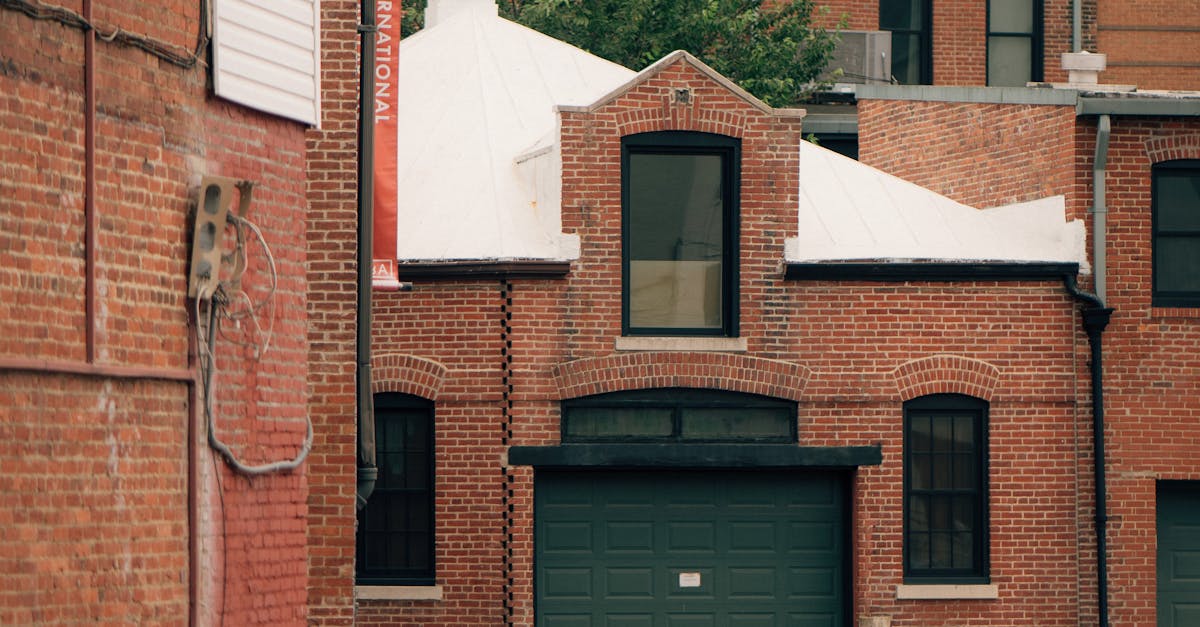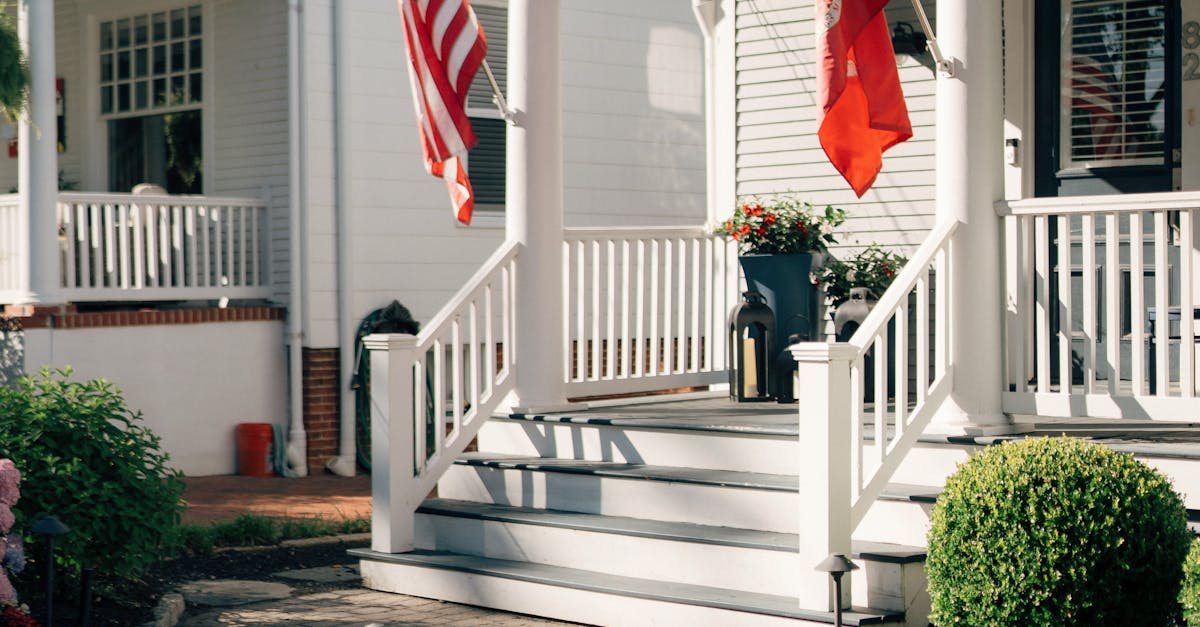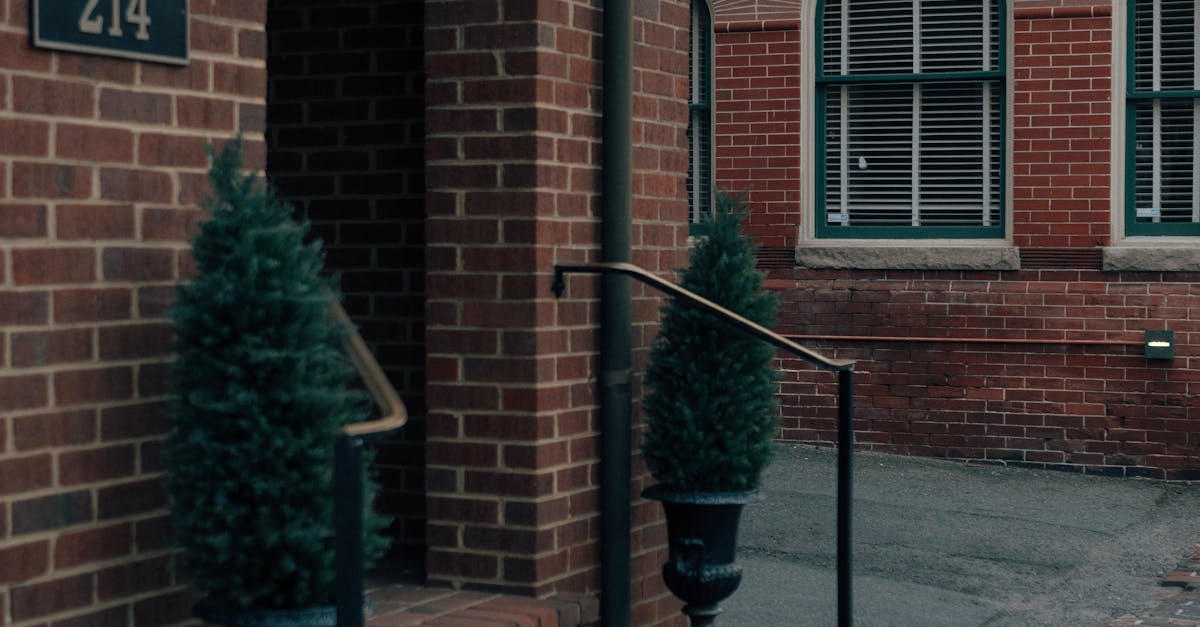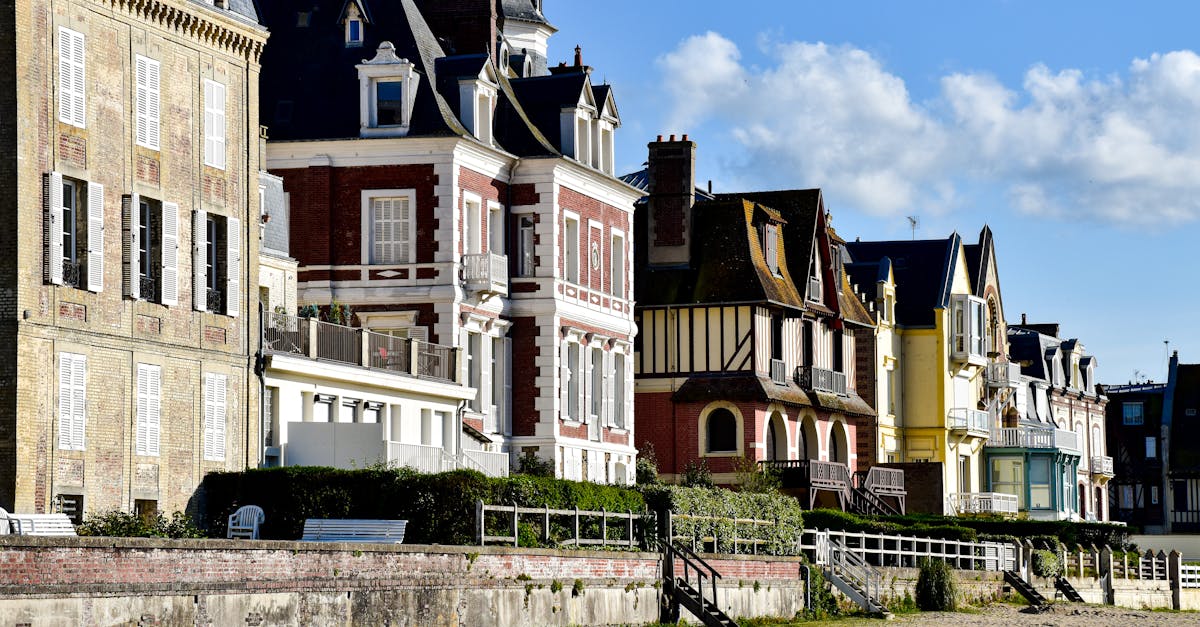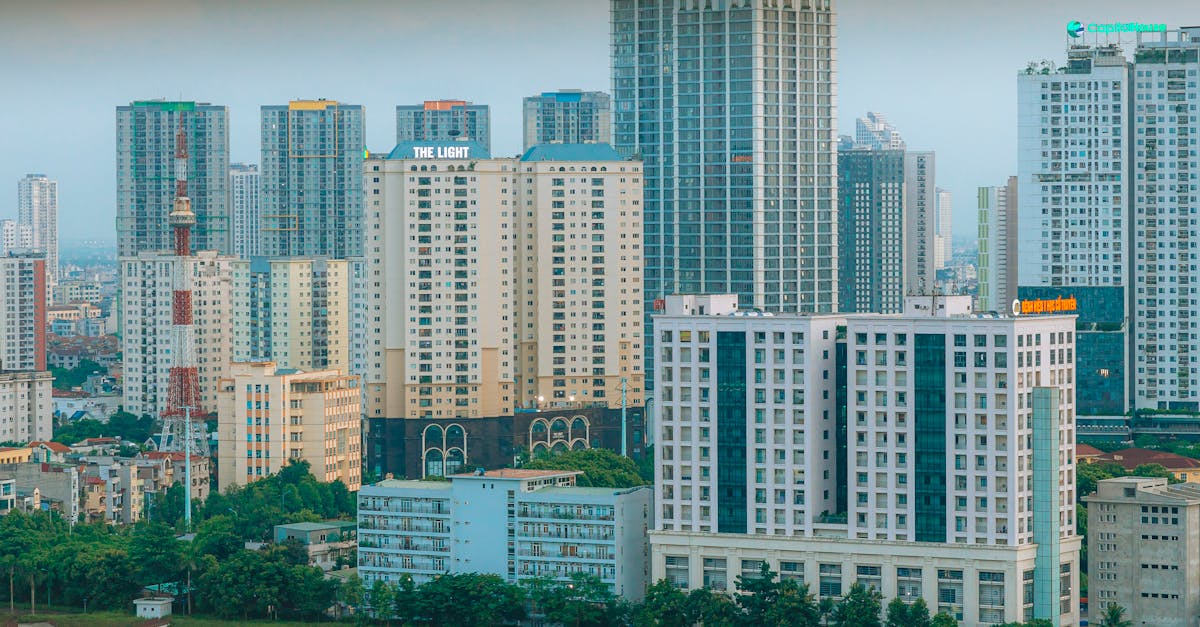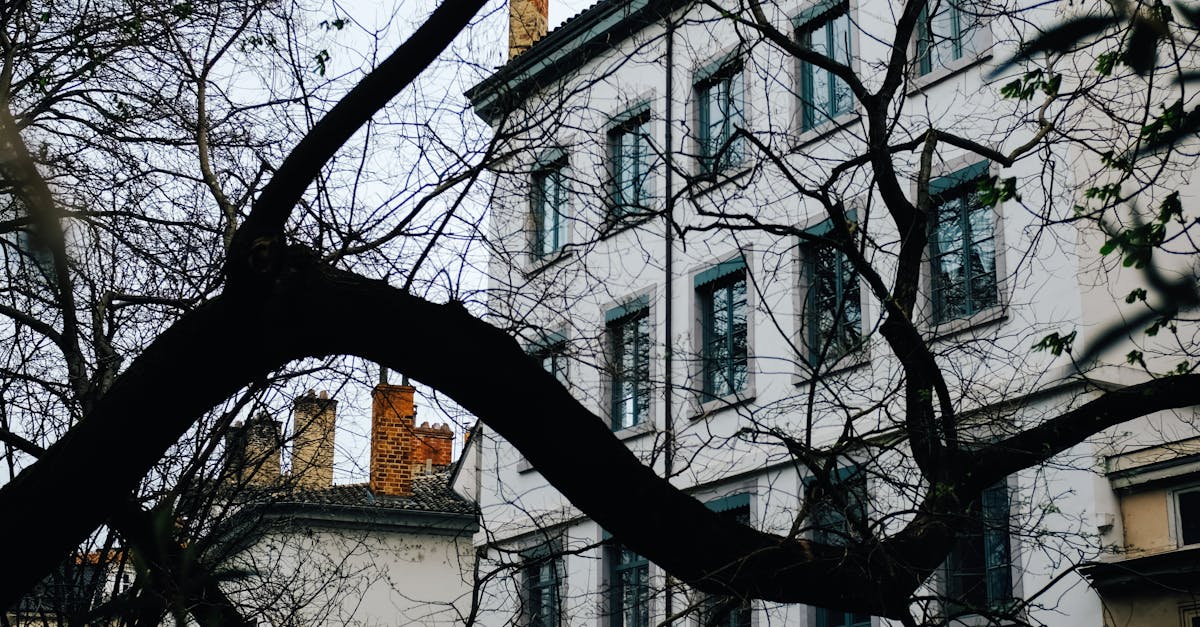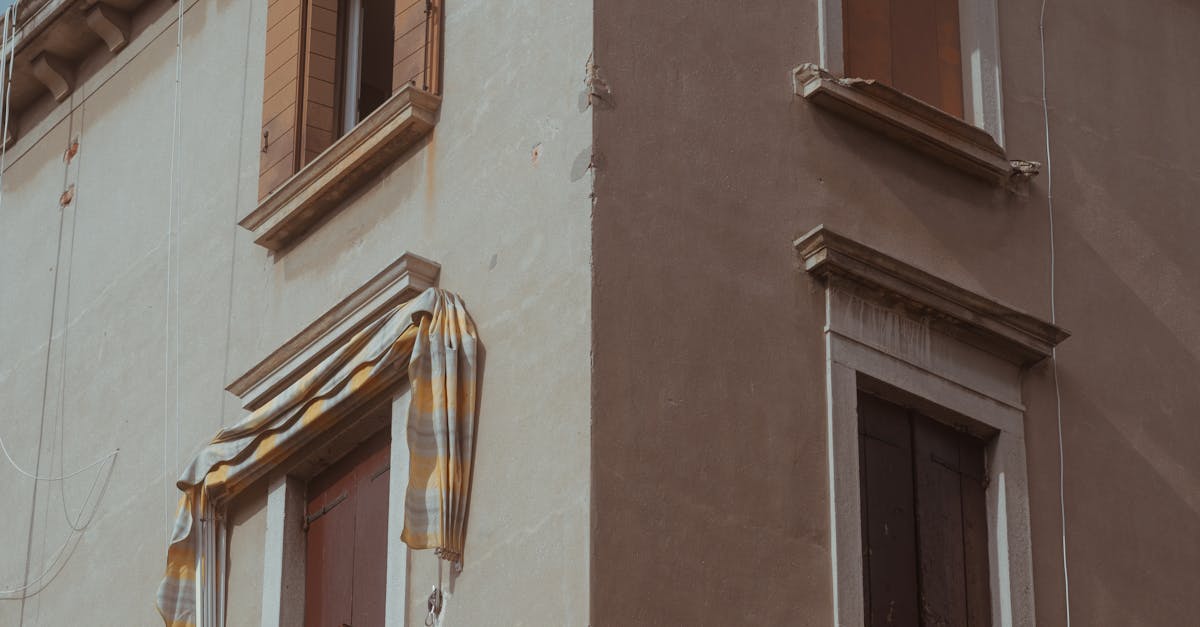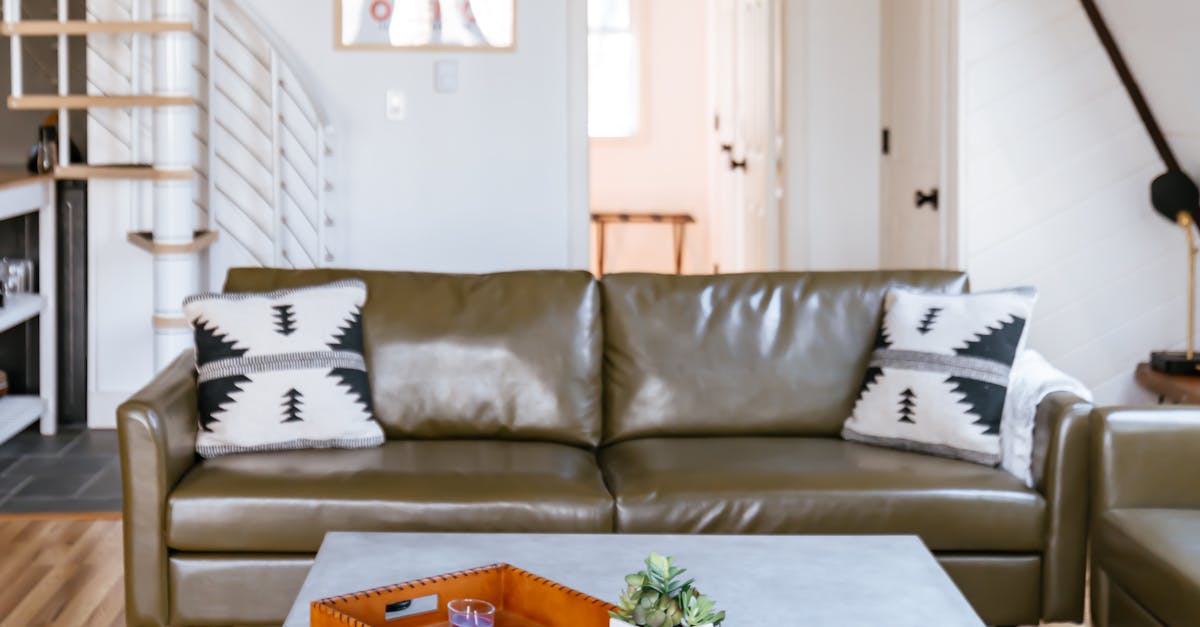
Table Of Contents
Research Local Plumbers
Finding a qualified residential plumber is crucial for resolving plumbing issues effectively. Start by identifying local plumbing services in your area. Utilise online directories and search engines to create a list of potential candidates. Ensure they are licensed and insured, as this provides peace of mind and helps to ensure that the work will meet local regulations.
Once you have a shortlist of plumbers, take the time to investigate their track records. Look for customer reviews on various platforms to gauge their reliability and quality of service. Recommendations from friends or family can also be invaluable. A plumber with positive feedback is more likely to provide quality workmanship and customer satisfaction.
Read Reviews and Recommendations
When looking for a reliable residential plumber, reading reviews is an essential step. Online platforms such as Google, Facebook, and Yelp provide valuable insights from previous customers. These reviews highlight the quality of service, response times, and overall satisfaction. A high rating often indicates a trustworthy professional who has successfully met client expectations.
Recommendations from friends, family, or neighbours can also play a significant role in your decision-making process. Personal referrals tend to carry more weight than anonymous online reviews, as they come from individuals you trust. Asking about their experiences can uncover details regarding pricing, workmanship, and reliability, ultimately helping you choose the right residential plumber for your needs.
Prepare Your Home
Before making the call to a residential plumber, it’s essential to prepare your home to facilitate a smooth process. Start by identifying the specific issue and its location within your property. Taking the time to shut off any relevant water supply can prevent further damage and make the plumber's job easier upon arrival. Gather any necessary tools or supplies that might help clarify the situation when discussing it with the plumber.
Also, ensure that the area around the affected pipes or fixtures is clear of clutter. This not only aids the plumber in accessing the problem more quickly but also reduces the risk of injuries. By creating a safe and accessible environment, you demonstrate proactive effort while allowing the professional to focus on diagnosing and fixing the plumbing issue efficiently.
Clear Access to Affected Areas
Clearing access to the affected areas in your home is essential when preparing for a visit from a residential plumber. Ensure that pathways to sinks, toilets, and any pipes or fixtures needing attention are unobstructed. Remove any furniture, decorations, or personal items that could hinder the plumber's movement or limit their ability to diagnose the problem. This not only facilitates efficient work but also protects your belongings from accidental damage.
In addition, consider the importance of providing a safe working environment. Ensure that the floor is dry and free of hazards like loose rugs or tools. If there are pets in the house, securing them in a separate area can help the plumber focus on their work without distraction. Creating a clear and safe space allows the residential plumber to perform their tasks effectively and efficiently, minimising the overall time needed to resolve your plumbing issues.
List Your Questions
Having a well-prepared list of questions can ensure that the call to the residential plumber is productive. Start by asking about their qualifications and experience. Inquire about their availability and response time, which can provide insight into how quickly they can address your issue. It's also wise to ask about their licensing and insurance to confirm that they meet local regulations and standards.
Financial concerns are often at the forefront of homeowners' minds. Ask about their pricing structure and whether they offer estimates for the work needed. Understanding if they charge a flat rate or an hourly fee can help you plan your budget more effectively. Don't hesitate to inquire if they offer any warranties or guarantees for their work, as this can give you peace of mind regarding the quality of service.
Prepare Inquiries to Maximise the Call
Before reaching out to a residential plumber, it’s essential to compile a list of specific questions that address your concerns. Consider the nature of the plumbing issue, whether it's a leaky faucet, a blocked drain, or a more extensive problem. Knowing the details will help you explain the situation clearly, ensuring the plumber understands the context and urgency of your request. This preparation can lead to a more efficient conversation, saving both time and potential misunderstandings.
Additionally, inquire about the plumber's experience and qualifications. Ask about their familiarity with similar issues and if they can provide references from past clients. It’s beneficial to know if they offer warranties or guarantees on their work. This information helps in assessing the reliability of the residential plumber and ensures you choose someone who can effectively resolve your plumbing issues.
FAQS
What should I look for when researching local plumbers?
When researching local plumbers, consider their licensing, insurance, experience, and customer reviews. It's also helpful to check if they offer emergency services and their response times.
How important are online reviews when choosing a plumber?
Online reviews are very important as they provide insight into the experiences of previous customers. Look for consistent positive feedback and pay attention to how the plumber responds to complaints, if any.
What preparations should I make in my home before the plumber arrives?
Before the plumber arrives, clear the area around the plumbing issue to ensure easy access. Move any furniture, rugs, or personal items that may obstruct their work.
What types of questions should I prepare before calling a plumber?
Prepare questions regarding the plumber’s experience with similar issues, their pricing structure, warranty on services, and estimated time for the job. This will help you gauge their expertise and transparency.
Is it necessary to have a list of questions ready before the call?
Yes, having a list of questions ready helps ensure that you cover all your concerns during the call and enables you to make an informed decision about hiring the plumber.
